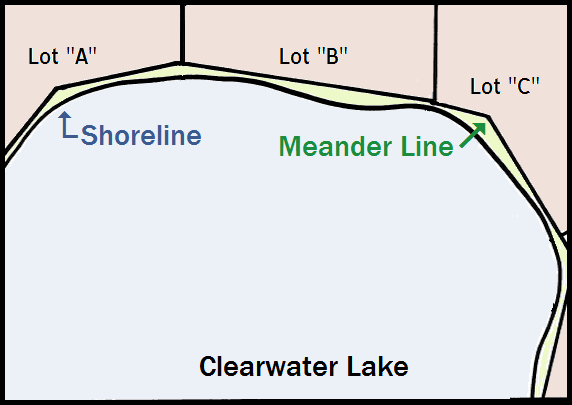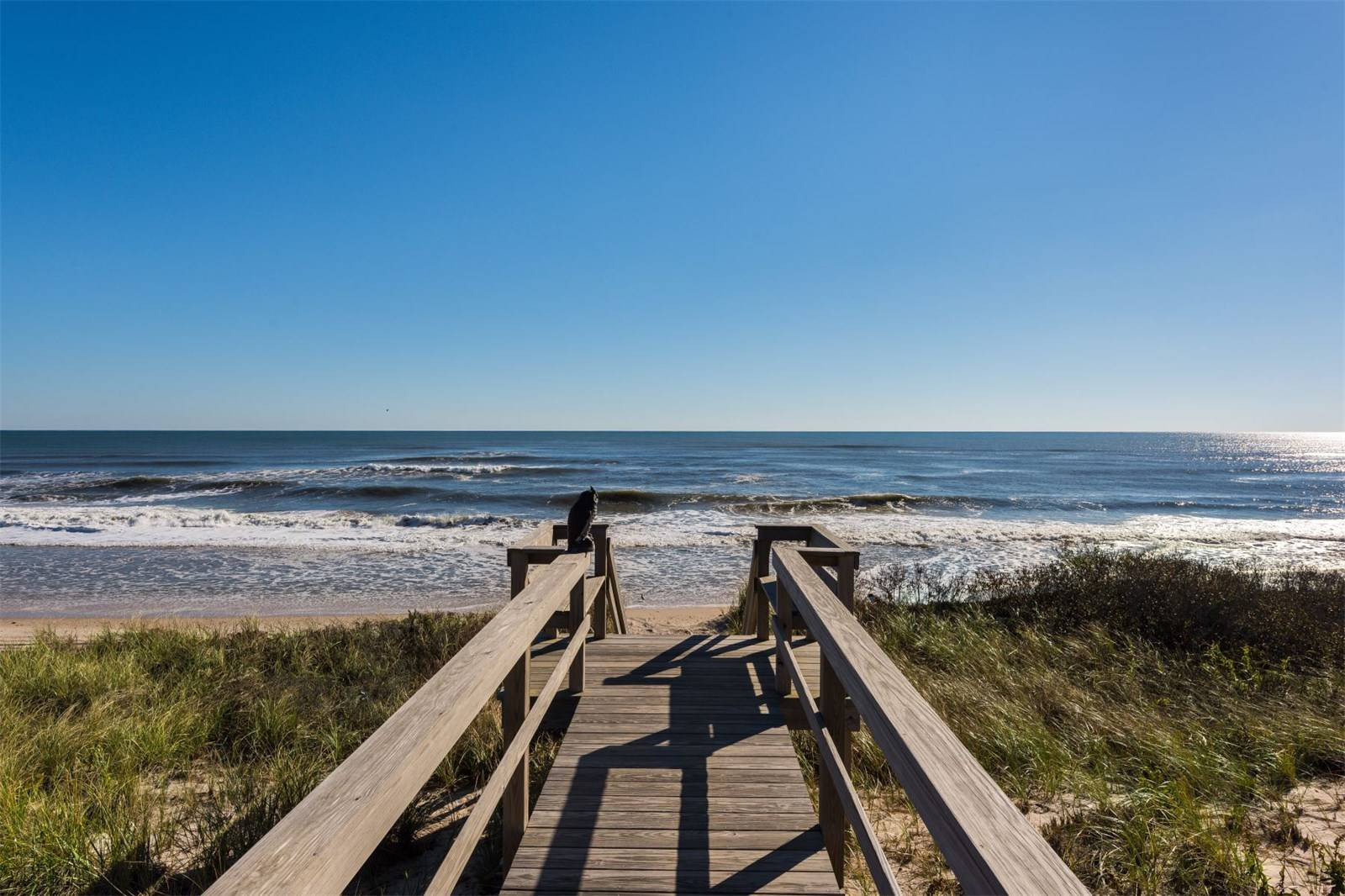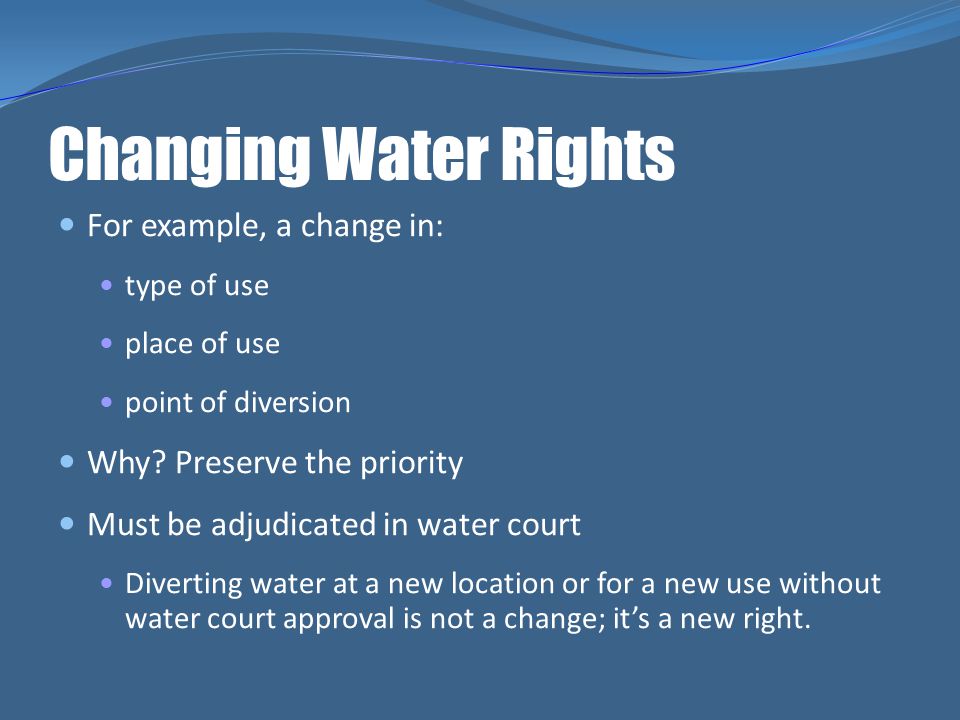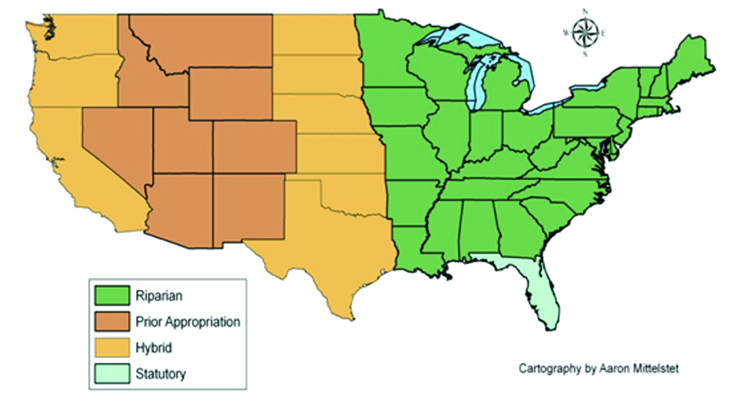Riparian Rights Example

The right to wharf out to a point of navigability.
Riparian rights example. Examples of riparian rights include the right to build structures like docks or piers access to the water for the purposes of swimming or fishing and the right to exclusive use of the water on their property if the water is not navigable. The right of the owner of the land forming the bank of a river or stream to use water from the waterway for use on the land such as for drinking water or irrigation. The right to use and enjoy water means the right to make use of a lake over its entire surface.
This can limit the water from being applied to the most economical use. Riparian rights are considered part and parcel of the land and are passed with title to the property. Riparian rights are those rights inherent to the ownership of shoreline that permit the owner to use and enjoy the water.
For example a riparian user who builds a marina in order to lease a substantial number of boat slips on a small lake might be making an unreasonable use if this causes crowding on the lake and degrades recreational use by other riparian property owners. Studies and examples of riparian rights allocations. The right to exclusive use if the waterbody is non navigable.
But that use must be reasonable. The right to accretions caused by water level fluctuations. Riparian rights typically include the rights to access the water body and remove surface water.
Riparian rights allow unimpeded access to that mark whether high or low tide mark however those rights are limited by any council bylaws which would apply and also the resource management act. Riparian water rights are considered permanently tied to the riparian land and cannot be bought or sold separately. The right to erect structures such as docks piers and boat lifts.
In areas abiding by riparian rights ownership of riparian land is necessary to take water legally. State laws vary as to the extent of the rights but controversy exists as to the extent of riparian rights for diversion of water to sell to others for industrial. For example the building of a jetty or small wharf on privately owned land which extends out into the water will require council consent regardless.











